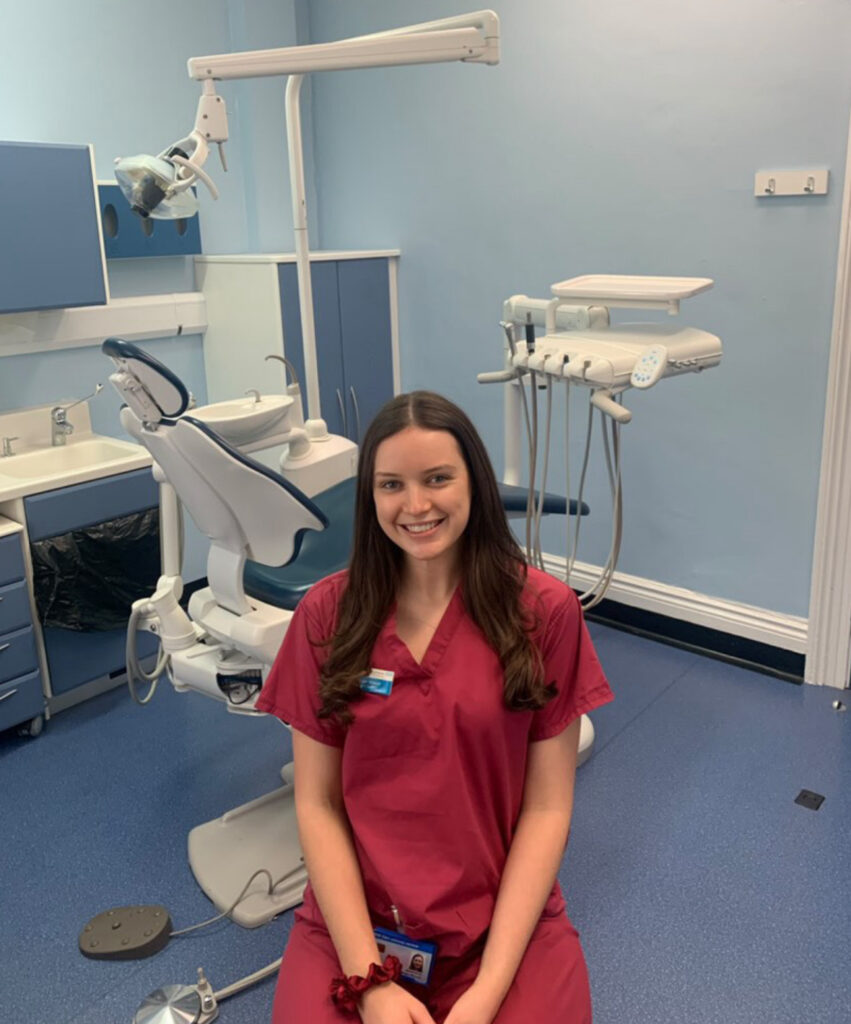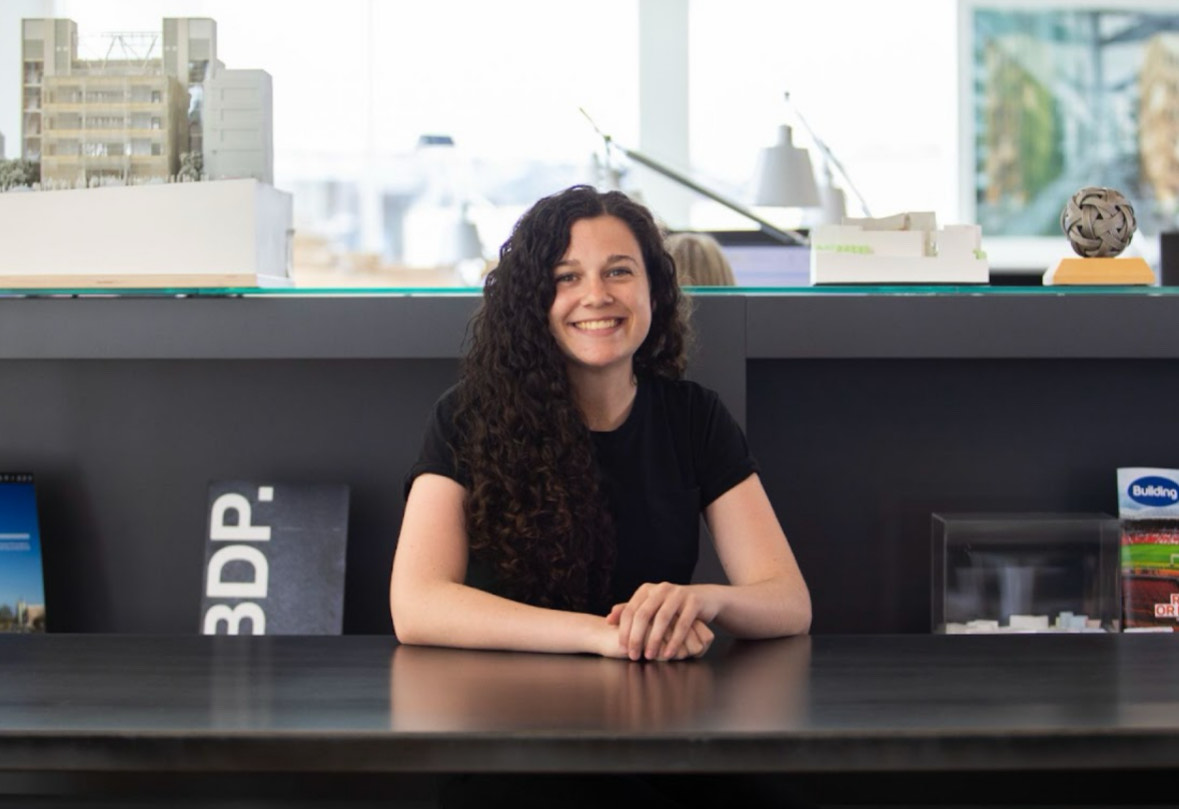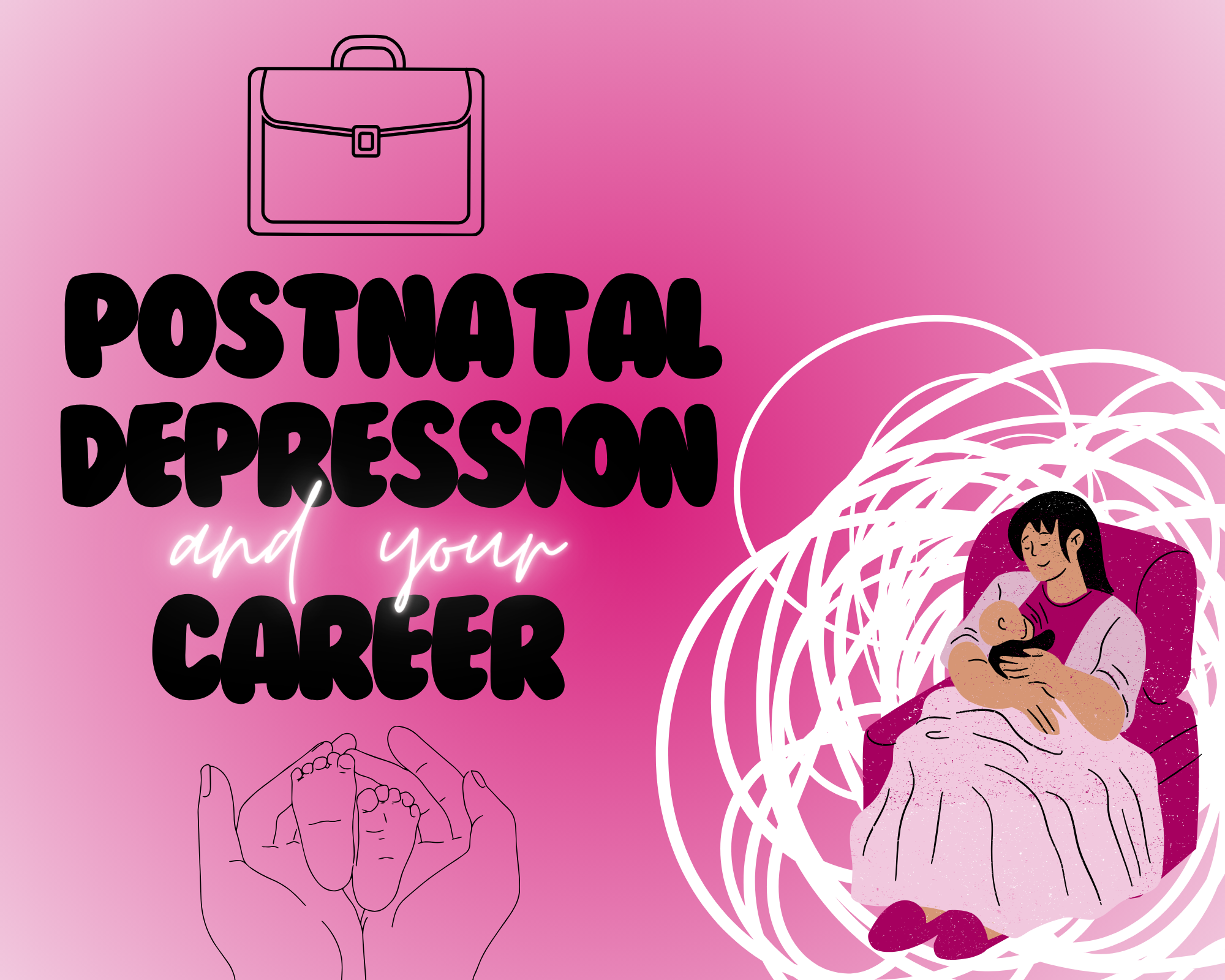Praising the women who have shown that passion and dedication is the key to reaching your career goals
What does it mean to be ‘in it for the long run’? Is it the importance of perseverance or what about when your passion requires years of education and qualifications?
For many careers across the country, a degree is just not enough. Fields such as Medicine, Dentistry, Law, Architecture and Engineering require years of further qualifications and are some of the most time consuming and expensive careers.
When thinking of your dream career you may not think about the process and hard work it takes to reaching your career goals to be fully qualified. You may even question if the process is worth it?
For Ella MacLeod, a Part 2 Architectural Assistant at BDP (Building Design Partnership), she believes your career goals should align with your passions.
“I’m motivated by the impact of the variety of projects that I work on, be that small-scale interventions, or large-scale masterplans. My drive is rooted in helping to make better environments to live in, as well as improving public spaces,” she explains.
Ella describes her love for being hands-on in her career and how her interest in building and architecture began early with her passion for Lego as a child.
“For me, Architecture is the perfect combination of art, creativity and problem solving.
“There’s also a misconception that Architects spend most of their time stuck behind their desk, but really, it’s about designing something for real people and their needs, and really getting to know them. That’s something I love and am energised by.” Ella shares.
Despite her love for her career, the road to becoming an architect requires endurance, as in the UK it takes a minimum of seven years to become a fully qualified architect. This includes gaining the Royal Institute of British Architects (RIBA) Part 1, 2 and 3 qualifications and an Architects Registration Board (ARB) membership.
“Typically you would do a three years undergraduate course, gain a year’s worth of work experience as an Architectural Assistant in a practice, and then complete a two year masters. From that point, you can continue to work as an architectural assistant, but to officially bear the title of ‘Architect’, you must pass the Part 3 examination adhering to the RIBA criteria,” explains Ella.
Architecture is a very long and tiresome career to train for and Ella describes how many do not continue within the field after they graduate.
“Architecture can be good in terms of variety, creativity, and job satisfaction. However, the profession’s demanding nature, often characterised by long hours and unpaid overtime, as well as the impact of the cost-of-living crisis on those with lower salaries, does bring into question if becoming an Architect is still a financially viable career choice. However, from my own experience – my degree taught me so many skills, and therefore it’s a good step into the creative industry. Many pivot into something different like graphic design, marketing or urban planning and policy.” Ella expands.
For Megan McLeod, a foundation dentist from Edinburgh, she also faces a long journey ahead of her to become a specialised dentist. After 5 years of dental school, Megan graduated in July 2023 from the University of Sheffield and is currently doing her foundation dental training in Redcar.

“It is definitely a very fulfilling career. It’s long hours and a lot of revision but eventually you do see the outcome of your hard work.” Megan shares, “You have to complete 5 years of Dental school and then a further year of foundational training in the NHS after graduating.
“For specialising you need to do dental core training, which is basically a hospital based job where you have to do tests and interviews, which is another three years. There’s even further training depending on your specialist area, so you may have to complete a Max Fax if you go into trauma or potentially go back to university if you go into children’s dentistry,” she explains.
According to LeapScholar it takes an average of 5 to 15 years to be a fully qualified dentist. For many careers that can take a long time to train for and can be hard to financially support yourself through this.
A 2021 survey report from the British Dental Association Benevolent Fund explored the financial and wellbeing
needs of UK dental students. They found that 56% of dental students had paid employment alongside their studies to pay for their living costs, with most of these (84%) working less than 16 hours a week.
For careers such as law, funding from external firms is required by many for further qualifications and examinations. However, from September 2025 the qualifications to become a solicitor are changing which has affected many undergraduate law students and funding options.
Meg Drinkall is one of the many undergraduates affected in reaching your career goals as she is in her final year at the University of Sheffield. “The Solicitors Qualifying Examination, the SQE, is the new way you can become a solicitor and is inevitably replacing the LCP, the Legal Practice course,” she explains.
“This affects so many students now as there is more competition with the SQE as you don’t need a qualifying law degree to do the exam. If you have a legal masters, which many history or politics students may do after undergraduate, you can also apply. As well, these exams are more expensive than the LCP and there are two of them.
“Student finance or firms would usually cover these costs, but at £3980 a test and the lack of indication of its success, firms are apprehensive to foot the bill. Which inevitably is affecting my career goals as I can’t afford these extremely difficult and expensive tests,” Meg shares.
For many students like Meg they cannot afford to fund these exams for themselves and rely on external financial help. The Solicitors Regulation Authority statistics show that the July 2023 sitting of the SQE1 assessment had a 53% pass rate, with a total number of candidates of 3,475.

In comparison to the 18,927 legal graduates in law across England and Wales for the 2021-22 academic year, according to the Law Society Statistics, highlighting a large contrast in graduates to SQE applicants.
For architecture, there is funding available through The Royal Institute of British Architects. Ella explains, “Trying to fund yourself at university is hard, especially with very hands-on, practical and time consuming degrees. RIBA offers scholarships and bursaries for Part 1 and 2 architects and student support funds. However, I personally did not make use of these opportunities as the application process proved somewhat inaccessible to me.”
In addition, according to the British Dental Association (BDA), they offer funding such as student loans and NHS Bursaries for university students. Sources to help pay for tuition fees and living costs if you are on a low income, disabled or have children are on offer such as hardship funds, career development loans and cadetships.
However, what do you do when the funding is not always accessible but the career is still your dream?
“I’ve struggled financially all throughout university. Myself and many on my course have part time jobs during our degrees and with zero hour contracts supporting yourself and your education can be balanced. It doesn’t mean it’s not hard though.
“There will always be privileged people around you who have connections in the industry already and can gain work experience relatively easily, making them and their CV stand out. But there are alternate pathways to reach your goal,” Meg shares.
“There is the Equal Opportunities form which monitors equality in hiring in workplaces. Also a pathway I think is more suited to my financial needs is the paralegal route. Starting off as a paralegal’s assistant and working my way up to a paralegal provides that stable income, experience and opportunity to save up for the SQE to become a solicitor.”
Work experience is praised as the key to stand out on job applications but it is not always easy to get. When it’s all about who you know, what do you do if you don’t have those connections?
“Knocking on dental practices doors is a great way to get work experience if you don’t have those connections and volunteer work is great too. Applying in person means you can put your personality across and show your interest in working there.
“Dental nursing is a great route to gain a feel for the field and some experience. My fiance did dental nursing and it does offer an advantage in the process of learning dentistry and communicating with patients.” Megan shares.
Similarly, Ella praises the importance of meeting people and turning up to events in person. “There are so many talks on offer at university. Departmental societies will often host talks with alumni and experts in the field, and this is a great opportunity to network and expand your interests. I think it’s important to hold onto your passions and let them shine through in interviews – that’s what is really going to sell you to a prospective employer.”
“It is a very competitive field but there are so many architecture practices in varying sizes to explore. My advice is to stay curious, keep an open mind and the right job may well just come your way.” she says.
Despite the obstacles, these women highlight that if you are truly passionate about your dream you can do it and the years of hard work and dedication to reaching your career goals are worth it.
“I truly believe it is all worth it in the end. Right now me becoming a barrister feels so unrealistic but there’s so many empowering women in this field that inspire me to keep on going,” Meg exclaims
“There’s this sense of gratification knowing that I’ll make it on my own with no connections or opportunities handed to me. Everything I’ve got, I’ve earnt myself. Despite all the barriers, time and money, my career is something I want to invest in.”
Want to read more on inspirational women reaching their career goals- https://werkmagazine.co.uk/2024/05/20/beyond-the-bursary-nursing-as-a-career-for-the-caring/




